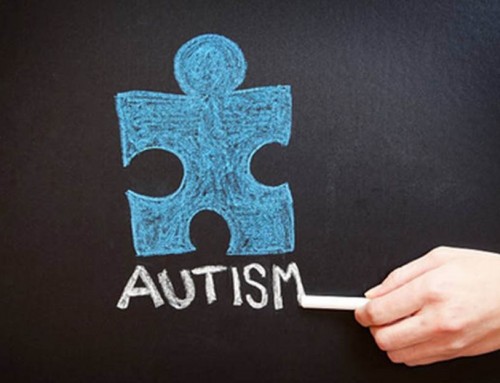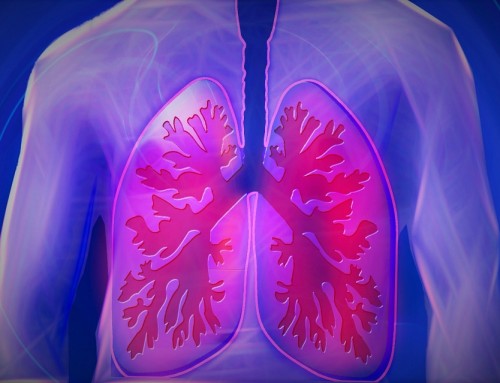A new treatment is being developed to help patients diagnosed with Huntington’s Disease. The treatment will move into uncharted territory using an innovative new approach. The approach will use a stem cell transplant in an effort to curb symptoms and prolong patients’ lives.
Huntington’s Disease Explained
Huntington’s is an inherited, degenerative disorder that slowly breaks down the nerve cells in the brain. Patients diagnosed with the disorder experience a progressive deterioration in their mental and physical capabilities.
Children of patients with Huntington’s have a 50% chance of carrying the faulty genes that cause the disease. According to Huntington’s Disease Society of America, there are over 30,000 Americans diagnosed with the disease and approximately 200,000 more that are at-risk. There is no cure for the disease.
 Symptoms include:
Symptoms include:
- Changes to personality including mood swings and depression.
- Impaired cognitive function including general forgetfulness and impaired judgment.
- Unbalanced gait or walk and involuntary movement.
- Inability to speak clearly.
- Significant weight loss.
The Future of Huntington’s Disease Treatment
A flurry of activity has taken place since 1993. That was when the gene that causes the disease was identified. Unfortunately, no cure has been developed in the decades since. Being a genetic disorder makes a cure even more difficult.
The new clinical trial is being led by Cardiff University in the UK and aims to start before the end of 2017. This trial will use a new procedure to deliver the transplant. Following the procedure, patients will be evaluated for effectiveness in the coming months.
Dr. William Gray of the Brain Repair and Intracranial Neurotherapeutics Unit has described the procedure as the next step in battling the effects of the disease.
“Whilst the measurability of the surgery’s success may not be clear-cut for more than a year post-transplantation, we are hopeful the procedure could significantly contribute to the long-term development of therapies for thousands of people living with Huntington’s disease.” – Dr. William Gray





